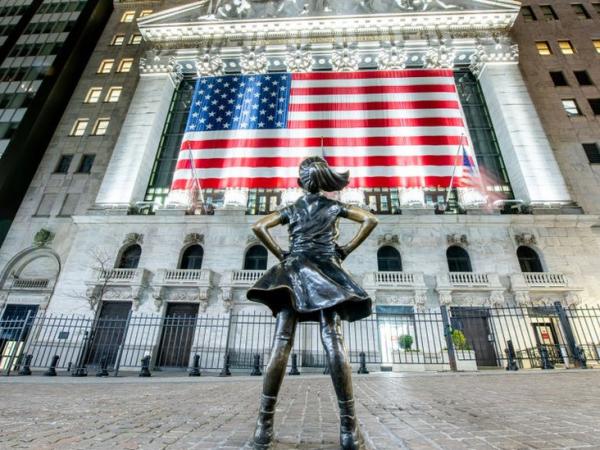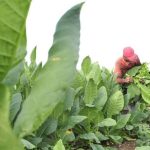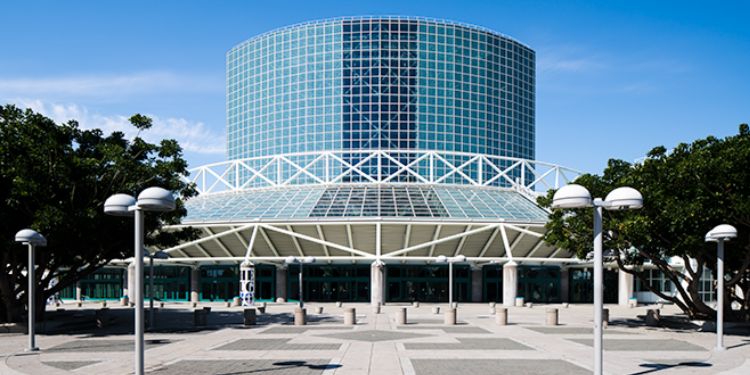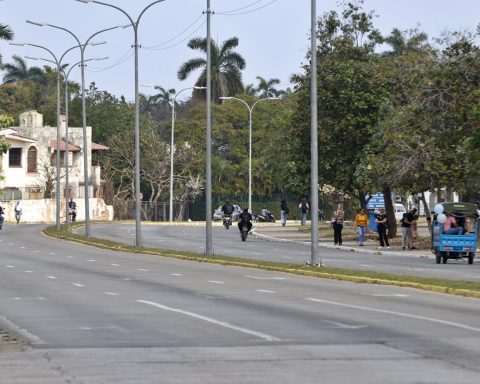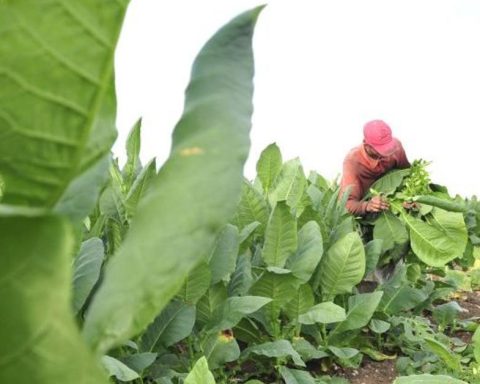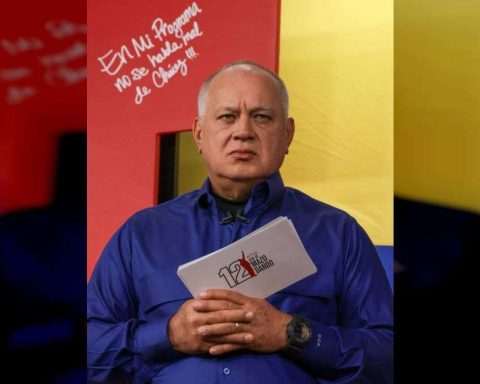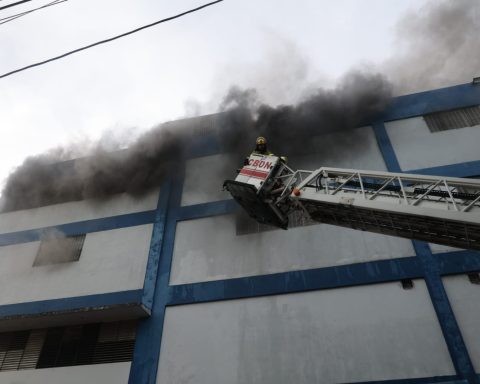In the corridors of Davos the “hot” topic of the moment is whether or not a global recession is coming.
This has been confirmed to Faisal Islam, economic editor of the BBC, who has been covering the World Economic Forum that takes place once a year in Davos, Switzerland.
The warnings among those who manage the world’s largest investment funds have been added one by one in recent weeks, although with nuances.
Some more pessimistic than others, those responsible for managing billions of dollars and politicians have been publicly analyzing the issue, confirming the fact that it is a relevant concern in the upper echelons of power.
World Bank chief David Malpass warned at a business event earlier this week that it is hard to see “how we avoid a recession” as the price of energy, food and fertilizer rises.
“The thought of energy prices doubling is enough to trigger a recession on its own,” he said.
With a more demure tone, but also worrying, the director of the International Monetary Fund (IMF), Kristalina Georgieva, maintained that “the horizon has darkened.”
Added to the traces left by the covid-19 pandemic, the turmoil in financial markets and the persistent threat of climate change, is the war in Ukraine and the current food crisis, setting up a “potential confluence of calamities,” Georgieva added.
Clarifying the meaning of his words, he said that while he does not expect a recession for the world’s major economies, he cannot rule it out either.
“No, not at the moment, (but) it doesn’t mean it’s out of the question,” he explained at the opening Davos session.
In parallel, the president of the United States, Joe Biden, said that a recession in the United States “is not inevitable”.
The fact that there is talk of how to avoid the economic contraction, despite the fact that it seeks to give an injection of optimism, in any case implies that there is a latent threat.
A threat that, among other things, is fueled by high inflation (the highest in four decades), shortages due to bottlenecks in supply chains and the geopolitical earthquake caused by Russia’s invasion of Ukraine.
The business and political elite are eager to have more pieces to put together the puzzle, when the war in Ukraine continues to increase inflation.
In the midst of this debate, the question of what a recession really is is once again gaining strength.
Many economists speak of a “technical recession” when Gross Domestic Product (GDP) growth contracts for two consecutive quarters.
The evolution of GDP helps companies judge when to expand and hire more workers or invest less and reduce their workforce.
Governments also use it to make decisions that can range from taxes to spending. It is a key indicator for central banks, along with inflation, when they consider raising or lowering interest rates.
Others, however, take a looser look, defining it as “a significant decline in economic activity that spreads across the economy and lasts more than a few months.”
International organizations such as the World Bank or the IMF consider a global recession as a year in which an average global citizen experiences a drop in real income.
Among those deep global economic contractions of recent decades, those of 1975, 1982, 1991, 2009 and the recession due to the 2020 pandemic stand out.
In this map you can see the economic contraction as a result of the pandemic.
Paradoxically, in this last recession, while people were struggling, the markets did amazingly well.
This latest pandemic recession, billed as the heaviest blow since World War II, has shaken the foundations of globalization, leaving scars that were just beginning to heal when Russia invaded Ukraine in late February.
With a geopolitical shift of such magnitude, all economic growth estimates for this year are being revised.
China has become the great unknown.
The Asian giant, which represents 19% of all world production, is in the sights of analysts because a slowdown in its economy would have a direct impact on the rest of the world, both because of its importance as a buyer of goods and services from other countries, as well as for its key role in the supply chains that supply international trade.
The latest outbreak of covid-19 has caused severe lockdowns in some areas of the country, generating traffic jams in Chinese ports and negative effects in sectors such as commerce, manufacturing and real estate.
David Malpass has expressed concern about the lockdowns in some of China’s major cities, given that they “still have ramifications or impacts of slowdown in the world”.
“China was already going through a real estate contraction, so China’s growth forecast before the Russian invasion had already been lowered substantially for 2022,” the World Bank representative said.
“Then waves of covid triggered lockdowns that further lowered growth expectations for China,” he added.
In the United States, Jerome Powell, president of the Federal Reserve – equivalent to the central bank of that country – has said that the organization will continue to increase interest rates until inflation is controlled, while Europe tries to deal with a gigantic increase in the fuel prices related to the crisis in Ukraine.
Outside the great centers of power, the least developed countries have seen a gigantic increase in the price of food and among them, the poorest, are on the brink of famine.
Opinions are divided among economists and bankers as to whether the world is headed for a recession or just an economic slowdown.
Meanwhile, the cost of living continues to climb and central banks keep raising interest rates to stem inflationary pressures.
The problem is that the rise in interest, although it can control inflation, raises the cost of borrowing money and meeting the payment of debts, acting as a brake on economic growth.
To this panorama we must add that the outlook has deteriorated in recent weeks due to the latest outbreak of covid-19 in China.
Investors and bankers are worried.
One of them, Robin Brooks, chief economist at the Institute of International Finance, the global financial industry association, posted a message on Twitter saying that “the global recession is coming.”
Whether or not it comes, we won’t know until the months go by and the indicators have their own verdict.
Now you can receive notifications from BBC World. Download the new version of our app and activate it so you don’t miss out on our best content.
